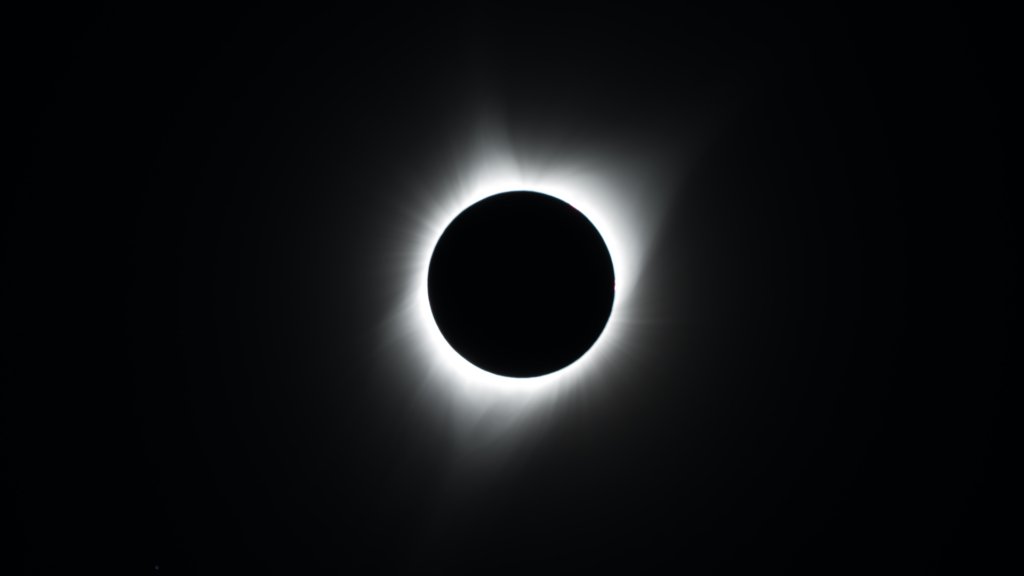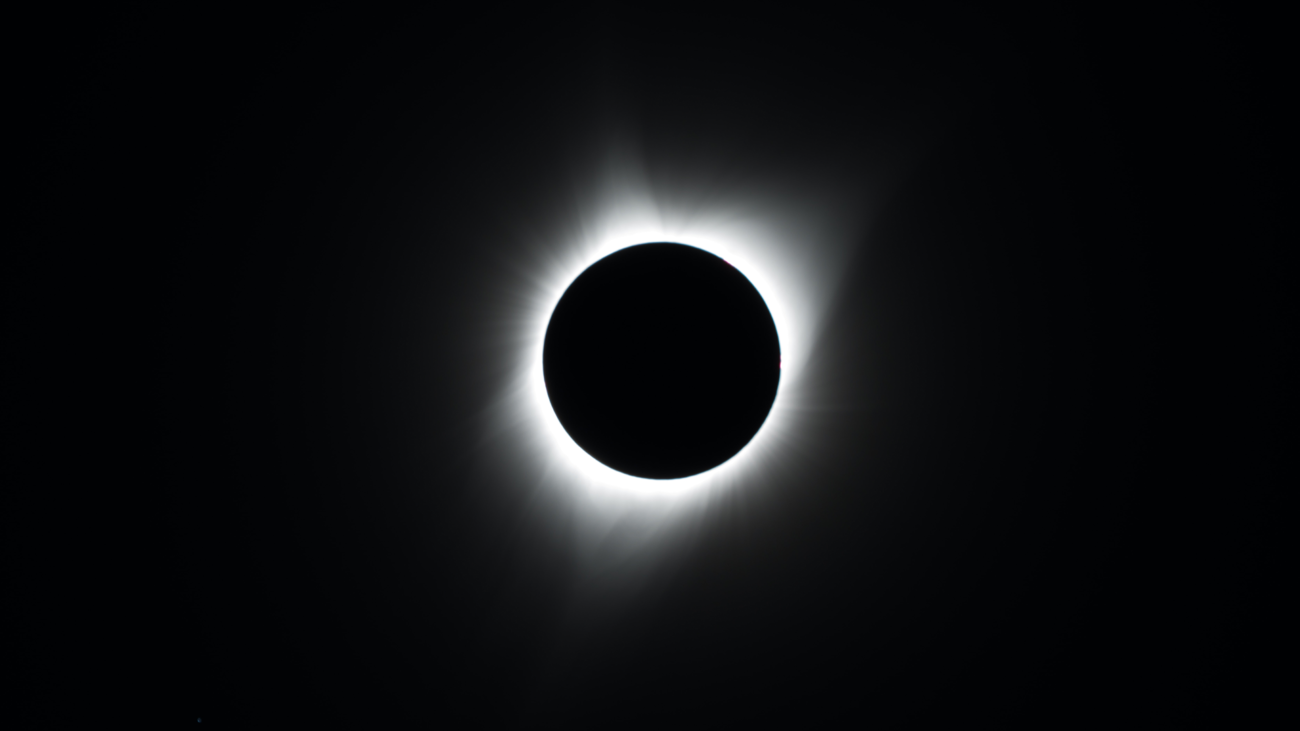
The idea that truth—spiritual or otherwise—reduces to personal truth isn’t “Thelemic” per se. It’s just secularism. That’s one of the defining stroke of the secularist worldview.
There’s no established religion in a secular state. Religion is relegated to “civil society,” as they used to say in the 19th century. There would be an established interpretation of what God or the “good life” mean in a church—that’s basically what it means to be one religion or sect as opposed to another—but there was no interpretation of the divine or the good life which was enshrined permanently at the political level. “Do what thou wilt,” as they say.
But OTO is a microcosm of that. The policy of protecting individual interpretation of the Book of the Law—the policy paper on The Comment and teaching from the BOTL—is a form of hypersecularlism. Normally a church would have an interpretation of what religious or spiritual truth is. That and orthopraxy would form the axis around which the religious community was constituted. But OTO is run in such a way that its authorities are like the state, and each individual is like their own church.
That on its own goes a long way explaining why Thelema and OTO have been unsuccessful, even by the standards of new religious movements. There’s nothing to differentiate them from the overculture. The axis around which people would gather and find common cause—at least in the case of OTO—has been truncated. It’s just doing the Gnostic Mass (or a handful of other rituals). The orthopraxy is there, just not the view of the transcendent or the good life. (And since the orthopraxy is all we’ve got, that could explain in part why they’re so rigid around who gets to play what role in the Mass. The orthopraxy needs to take up the load-bearing weight that orthopraxy + orthodoxy normally would.)
For what it’s worth, I wouldn’t chalk this one up to Consensus Thelema. I think it was Crowley’s intention. It’s part of what I call his holistic monist outlook. He has a tendency to reduce transcendence to individual self-transcendence. But that’s not a personal belief so much as a broad historical tendency in the west for the last three or four centuries, and it’s one that historically has tended to enervate religious belief and church attendance, not encourage it.
Someone is going to clap back and say, “Thelema is not a religion; OTO is not a church.”
I agree. That’s my point.
I guess the question I would pose is whether Thelema and/or OTO are able to satisfy what (for lack of a better term) I would call the human instinct for significance—an instinct which seems frustrated by secularism generally (not just speaking about Thelema/OTO now).
The philosopher Charles Taylor (who has written extensively on secularism) would frame it this way:
Does Thelema/OTO help us deal with the sense we have that meaning is fragile when it is unsupported by some kind of overarching significance to life? (This would be the function Path in Eternity/the MoE initiations are supposed to serve.)
Does it address the flatness we feel in our attempts to solemnize the crucial moments of passage in our lives? (Think EGC sacraments.)
Does it remedy the utter flatness and emptiness of the ordinary? (Think magick, not strictly ceremonial but in Crowley’s broader sense.)
This is not uniquely a problem with Thelema. I’ve explored other spiritual paths—and not idly. I’ve had at least one experience I would classify as “mystical” (non-rational, transcendent, life-changing), as have a lot of Americans since the 1960s. There are also many Thelemites and OTO members who, while not having had such an extreme experience, still believe in some power higher than themselves or their freedom of choice or creativity. It’s really common to see people (not just Thelemites) talk about “the universe” having this or that intention for them.
But in all of those cases—even in my own extreme case where I had a classical mystical experience—the thing encountered or intended is really vague. (It’s a “something”—or in my case, a something that’s not even a thing.) Does an experience of “a something” have enough structure to ground a hierarchy of meaning?
In my own case I can tell you with certainty: it did not. It does not.
Knowing what I know about Crowley the man—from a few biographies—it does not seem to me that he was satisfied either. One of the component memes of Consensus Thelema is that “Crowley constantly changed his mind about everything [and therefore I’m justified being inconsistent and lazy].”
He didn’t constantly change his mind about everything, but if you look closely, when the vacillation occurs, it’s usually happening around this/these issues. It’s not exactly a personal failing. He’s being pushed by a force outside the text that you can’t see.
I see the same vacillation in contemporary Thelema. Consensus Thelema is largely a (imo smug) doubling-down on secularization (even if it doesn’t conceive of itself that way). But at the same time, there are counter-tendencies. Historically, every time we see hypersecularization, there’s a counter-current generated by the neglected or excluded hunger for the transcendent. (Think Schopenhauer and Nietzsche as responses to Hegel and Marx.)
It’s like what Kant would have called an antinomy. I doubt it can be completely resolved in the context of Thelema itself because, again, I suspect the cause is a force lying outside of Thelema and in the overculture, which Thelema is in most respects (unfortunately) a passive mirror of. But the dogma of Consensus Thelema—with its rejection of reflection in favor of pragmatism—militates against the use of the tools that would shed light on the issue and properly diagnose it.
